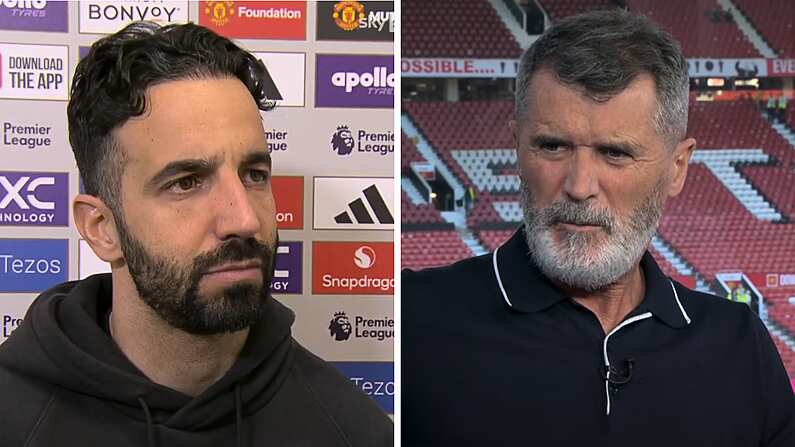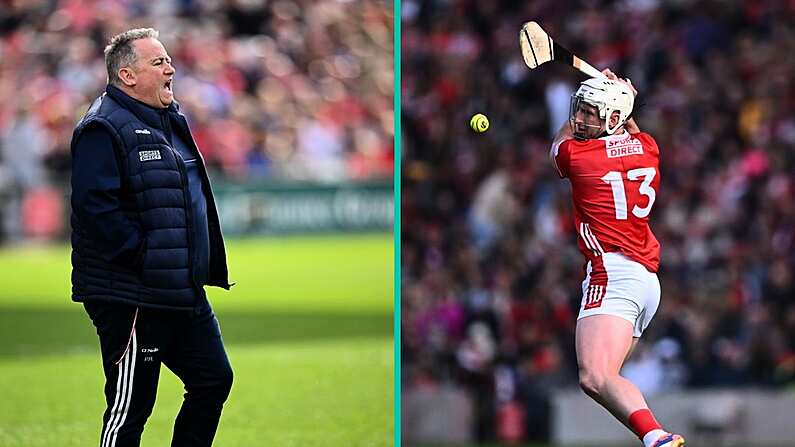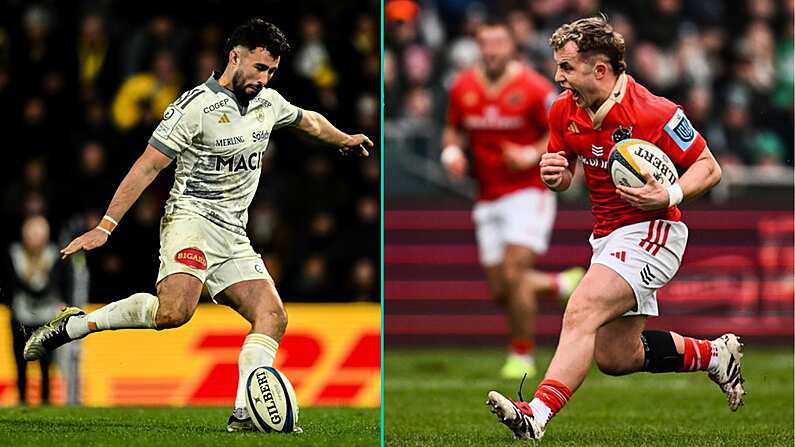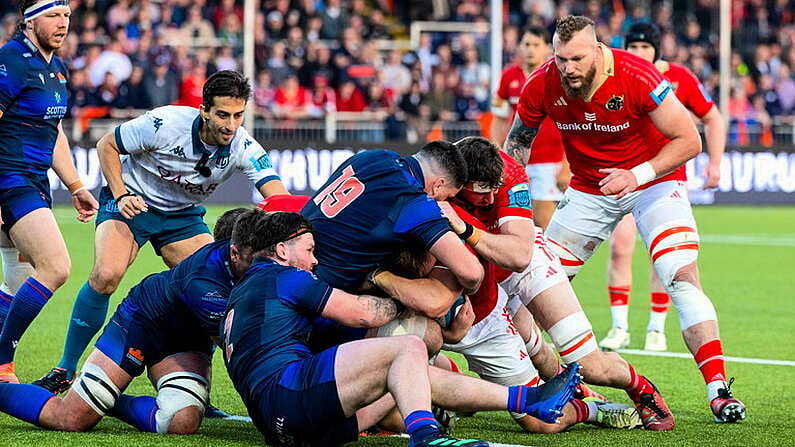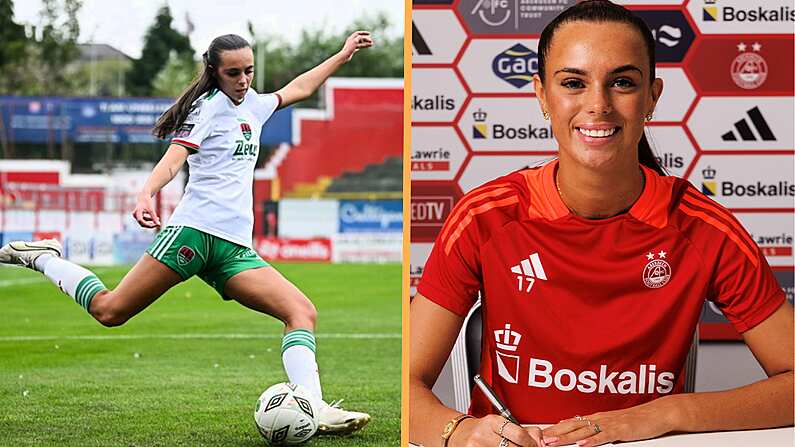UEFA, in their ceaseless politicking wish to make the European Champions more inclusive, have decided to expand the tournament to 24 teams from the original 16-nation format. The previous format was straightforward: the tournament consisted of four groups, each with four teams, with the top two in each group progressing to the quarter-finals.
The Euro 2016 group qualification rules are far less straightforward, however. Let us explain...
Euro 2016 Group Qualification Rules: How many teams get out of the groups?
Rather than a 16 team group stage ending with eight teams in the quarter-finals and eight eliminated, 16 of the 24 teams at Euro 2016 will progress from their group.
Euro 2016 Group Qualification Rules: How are those teams determined?
The format has not changed in the sense that the top two in each group are guaranteed qualification. That ensures that if Ireland finish either first or second in Group E, they are guaranteed qualification to the round of 16.
Euro 2016 Group Qualification Rules: Okay, but what happens if Ireland finish outside of the top two?
We can still qualify. There are four open spots, so the four best-ranked third-placed sides progress also. It means that all of the sides who finish bottom of the group are eliminated, along with two of the third-place teams.
Euro 2016 Group Qualification Rules: What if these third-placed sides finish level on points?
They will be separated in the following order:
- Higher number of points obtained;
- Superior goal difference;
- Higher number of goals scored;
- Fair play conduct;
- Position in the UEFA national team coefficient ranking system.
Euro 2016 Group Qualification Rules: Well that's pretty clear. Who, then, would we play in the next phase?
This is where it gets extremely tricky. UEFA are attempting to make the tournament as much as a meritocracy as they can, so there are a plenty of different options for knockout stage match-ups. The Wikipedia page for the tournament has explained the knockout format as clearly as anywhere else. All of the third-placed teams will be ranked according to their group record, so it is easiest to imagine this as a table:
To confuse us further, the knockout pairings have been largely determined, varying only based on the results of this table. The easiest way to explain this as holistically as possible is simply to produce this table:
This table lists the different possible order in which the third placed sides can be ranked.
Here is the full list of knockout ties:
- Match 1: Runner-up Group A v Runner-up Group C
- Match 2: Winner Group D v 3rd Place Group B/E/F
- Match 3: Winner Group B v 3rd Place Group A/C/D
- Match 4: Winner Group F v Runner-up Group E
- Match 5: Winner Group C v 3rd Place Group A/B/F
- Match 6: Winner Group E v Runner-up Group D
- Match 7: Winner Group A v 3rd Place Group C/D/E
- Match 8: Runner-up Group B v Runner-up Group F
The Tl;DR version of this from an Irish version is that, should we finish third in our group, we will play either the winner of Group D (likely to be Spain) or the winner of Group A (most likely hosts France).
Should we finish second, we will face the winner of Group F (any of Portugal or Austria most likely) and should we go and win the group, a tie against the runner-up in Group D awaits (Croatia the most likely here, the other options are Spain, Turkey or Czech Republic).
Those are the rather convoluted Euro 2016 group qualification rules.
See Also: Lens Tough Decision On Alcohol Could (Possibly) Have An Impact On Irish Fans
See Also: Antonio Conte Has A Very Different Attitude To Martin O'Neill Regarding MLS Players



